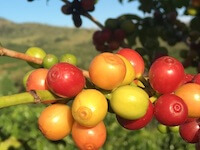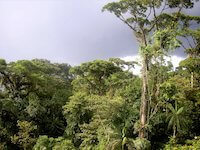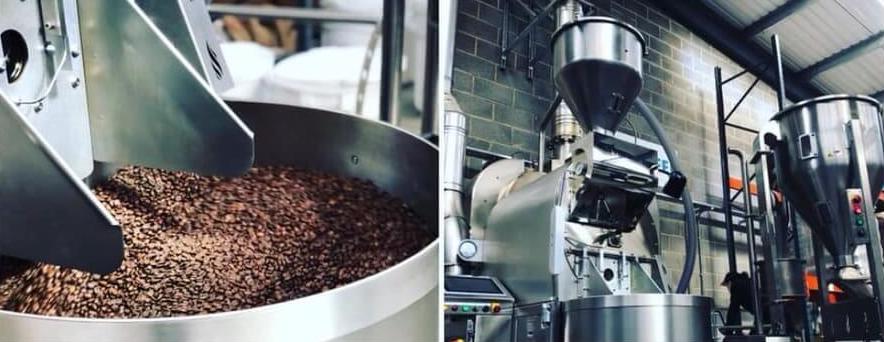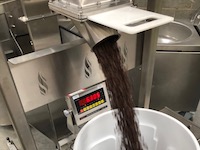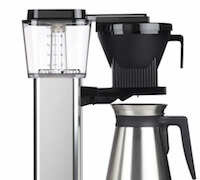The Coffee Tree
The coffee tree (or technically plant) is an evergreen shrub which belongs to the Rubiaceae family and grows in countries all over the world between the tropic of Cancer and Capricorn. Once the tree is about three years old it will start producing coffee. There are many different types of coffee species with the two most popular being Arabica and Robusta.
Arabica (Coffea Arabica) accounts for 75% of the world's total production. Robusta (Coffea Canephora), which is mostly grown in West Africa and Asia (especially Vietnam) has a much bigger yield compared to Arabica and a higher caffeine content. Both species can grow up to 10 meters tall but are usually kept low for harvesting reasons. Arabica is self pollinating and the Robusta tree requires cross pollination.
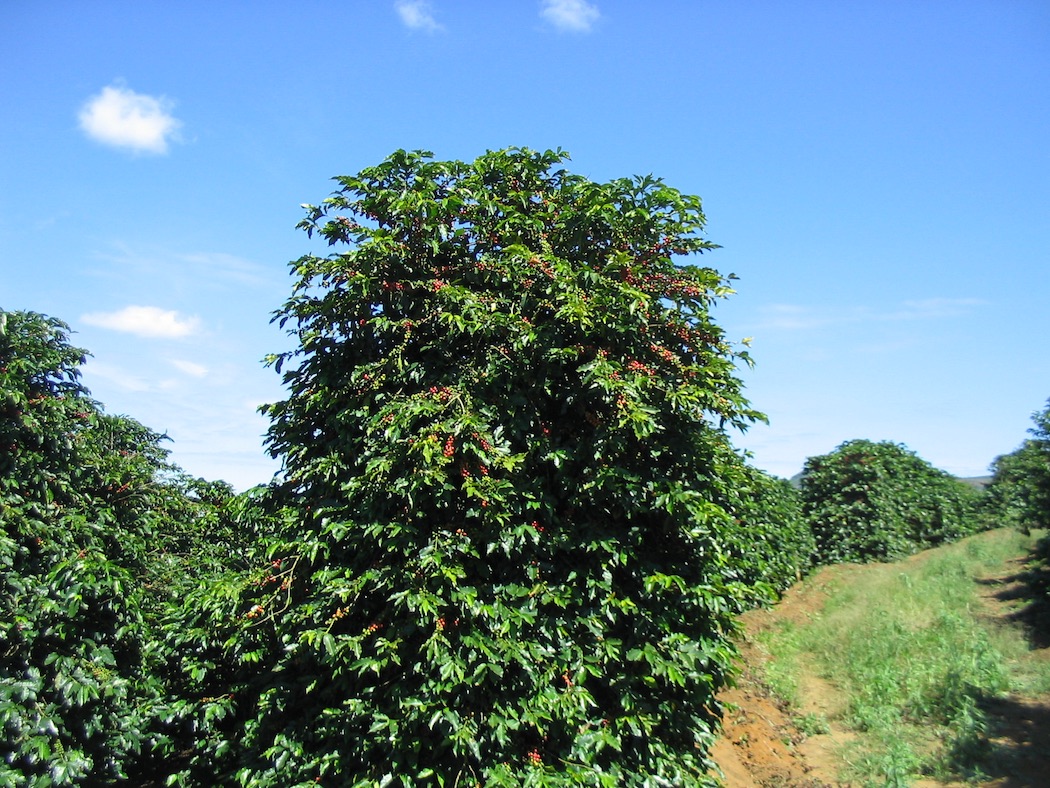
Once the coffee is mature which takes about three to four years it will start to produce coffee and the process starts with flowers. Once the flowers disappear green cherries are left which turn into yellow or red cherries (for most varietals anyway). Once the cherries are ripe they are harvested.
Arabica coffee prefers to live at relatively high altitude with temperatures of 15-24 C. It is a rather picky tree and likes quite specific conditions compared to Robusta. Arabica certainly does not like frost and prefers around 1500 - 2500 mm of rain over a nine month period.
There are many varietals for coffee.
Typica - Typica is considered the original base for Arabica and many other varietals have been formed from this. It grows to 3.5 - 4 meters in height and has a very low production. Typica is considered to deliver excellent coffee.
Bourbon - Similar quality of coffee as Typica, Bourbon originates from the Reunion Island and produces slightly more coffee than Typica. Best results are achieved when Bourbon is grown around 1,000 - 2000 meters altitude. Really delicious coffee!
Caturra - This smallish tree requires a lot of TLC but in return Caturra gives higher yields and a good cup quality. This is a mutation of Bourbon. Caturra can grow relatively low (450 - 1,700 meters) and can grow at higher altitudes but will result in lower production volumes.
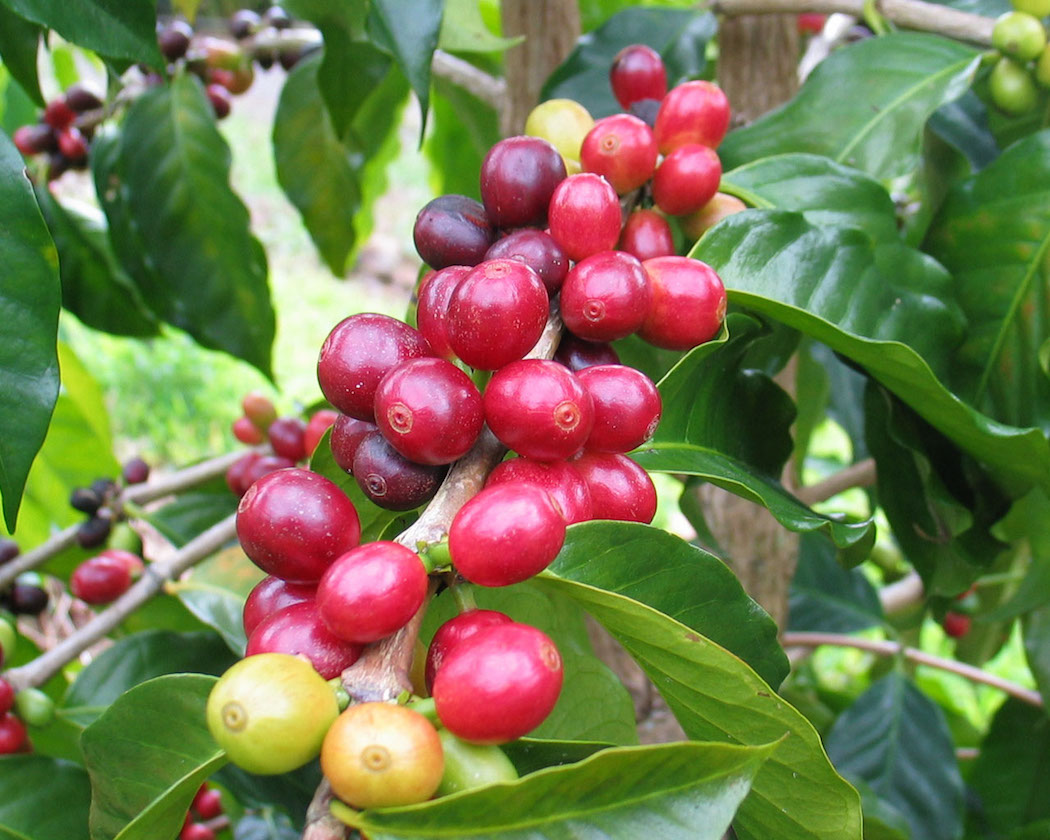
Catuai - A cross between Mundo Novo and Caturra, this tree is short and keeps hold of the fruit so is liked by farmers who are exposed to strong winds and rain. Catuai is widely planted in Brazil.
Mundo Novo - An almost Brazilian tree as it was first discovered in Brazil in the 1940's and it is well suited to the altitude of Brazil. This natural hybrid between Typica and Bourbon has a high yield, about 30% more than Bourbon, and has a high resistance to disease.
Heirloom - This is kind of a catch-all name for the ancient varietals as there are so many... in Ethiopia for example, there are believed to be thousands of different varietals!
Maragogype - Characterised by the very large size, Maragogype is a mutation of Typica which was discovered in Brazil and has the nick name 'Elephant beans'.
There are many more such as Geisha, SL28 and Kent.
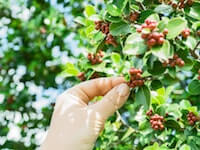
Harvesting coffee
Find out how coffee is harvested and the hard work that the coffee farmers put into our lovely drink.
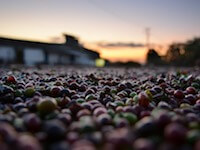
Processing coffee
Read about what they do after the harvesting of coffee and the various processing methods.
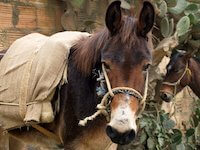
Colombia
Producing around 13 million bags (60KG) of coffee, Colombia is the third largest producer of coffee.

El Salvador
Not the largest producer with 0.5 million bags (60KG) but boy do they know how to grow coffee!
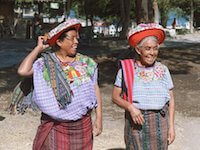
Guatemala
Guatemala produces around 3.5 million bags (60KG) each year and produces very high quality certified coffee.
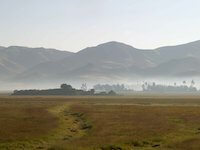
Ethiopia
The birthplace of coffee with wild coffees and a production of around 6.5 million bags (60KG).

Kenya
The neighbour of Ethiopia yet with a very different flavour profile, Kenya produces under a million bags (60KG) of coffee each year.
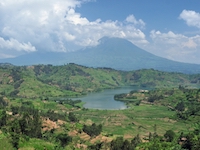
Rwanda
Only about 0.25 million bags (60KG) are produced each year by Rwanda but we love Rwandan coffee.

India
With over 5 million bags (60KG) a year, India produces quite a bit of coffee and use the famous Monsooning processing method.
.webp)
call us for a chat on 01274 911 419
Monday - Friday | 09:00 - 16:30
Closed bank holidays
Terms and conditions | Privacy policy | Website settings
By continuing to browse you agree to our use of cookies.
Copyright © 2008-2026 Limini Coffee Services Limited. All Rights Reserved


